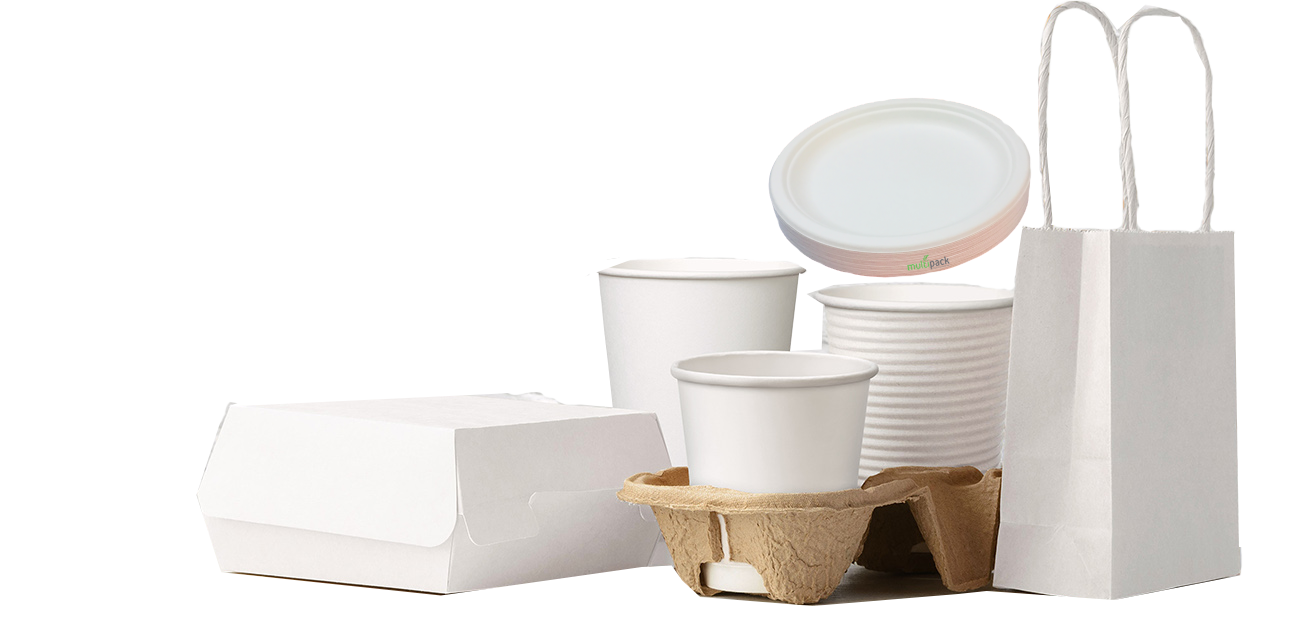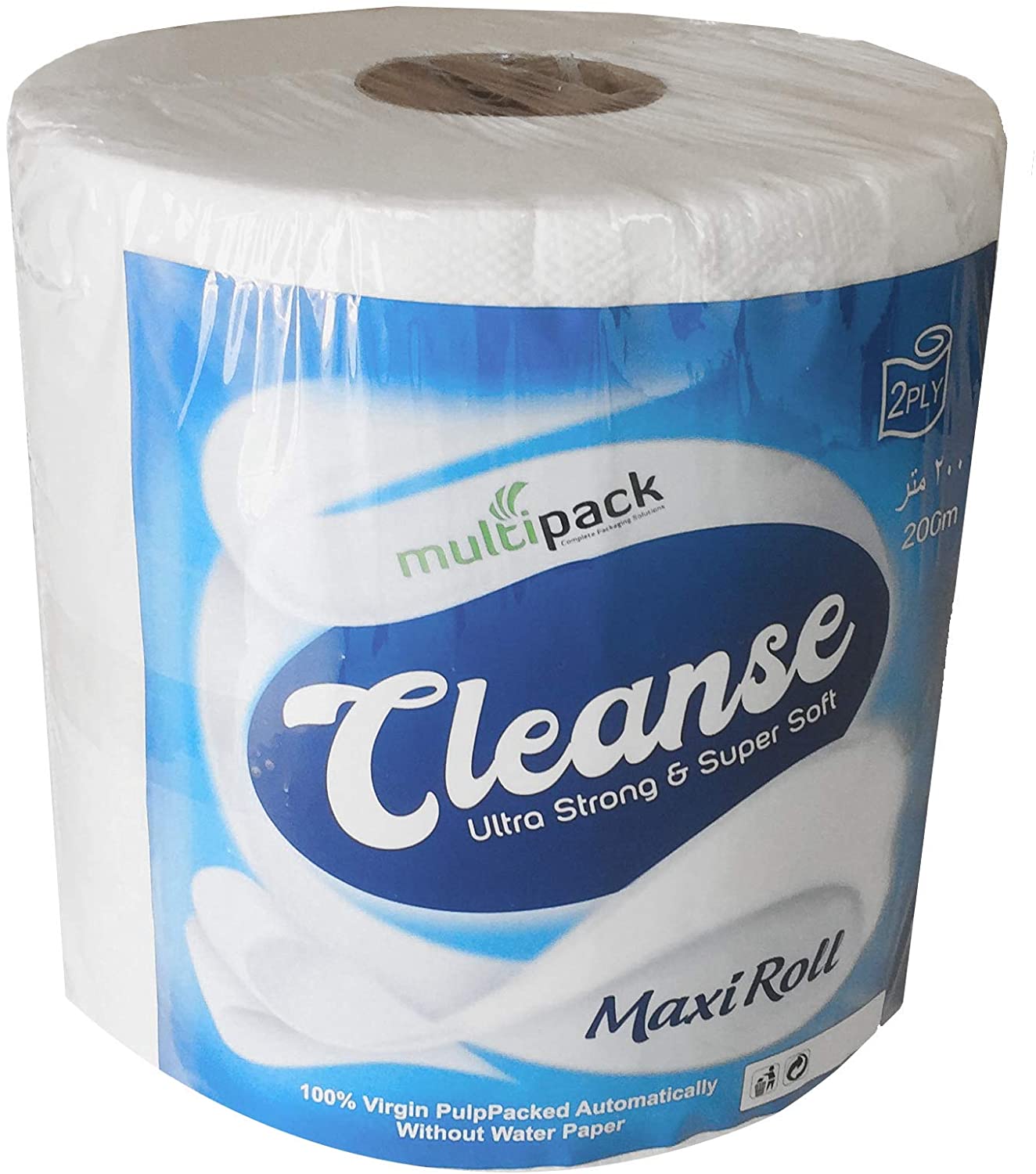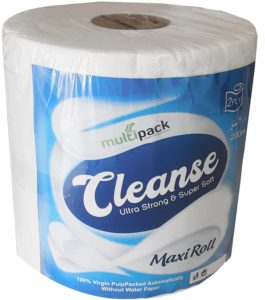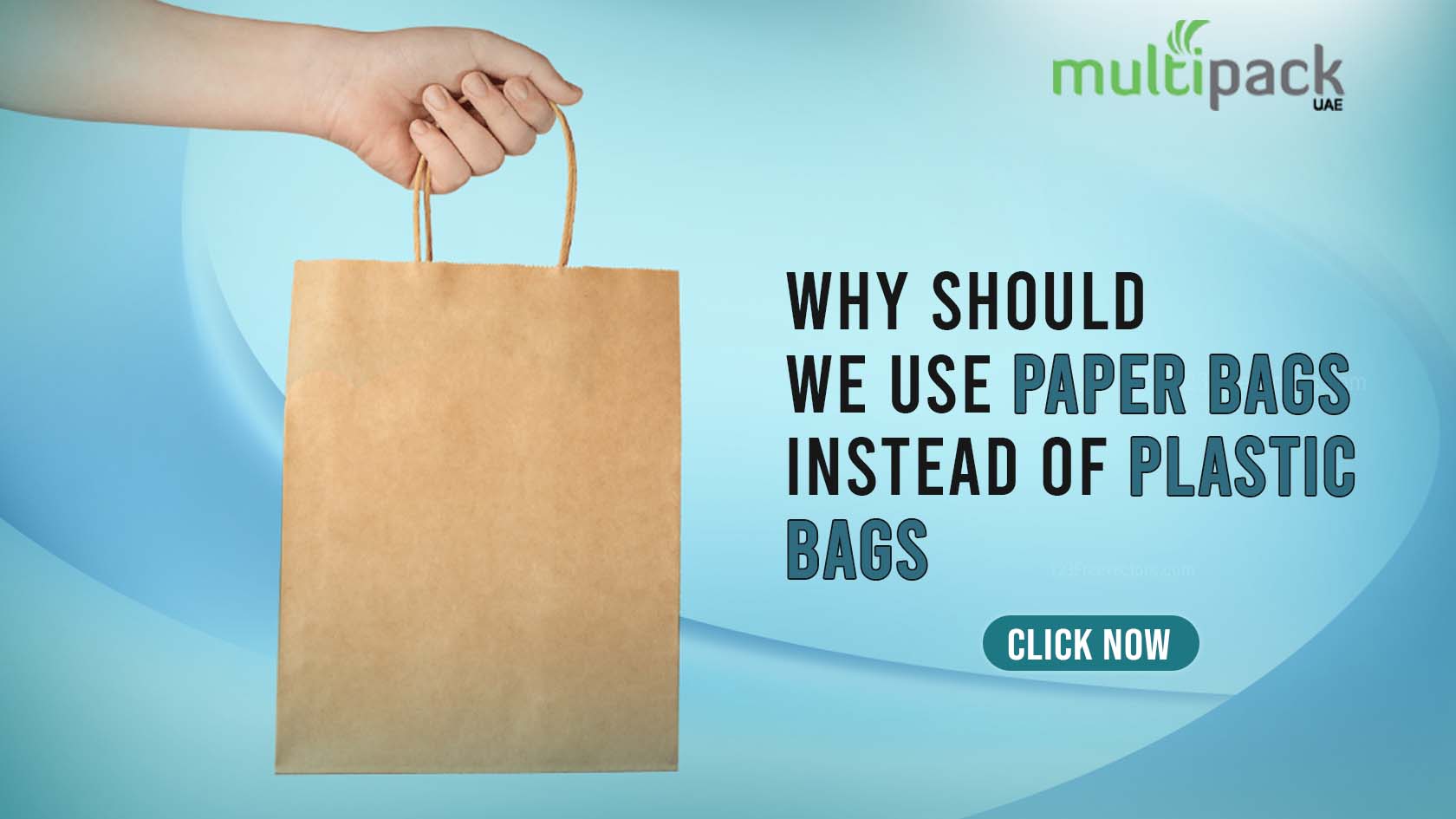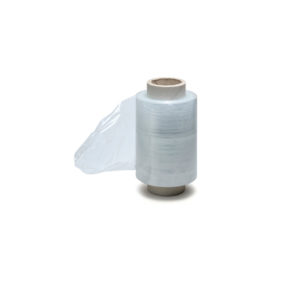Why Should We Use Paper Bags Instead of Plastic Bags? Leave a comment
Did you know that millions of plastic bags end up in our oceans each year, harming marine life and polluting our environment? It’s a staggering problem, but there’s a simple solution: switching to paper bags. In this article, we’ll explore why paper bags are a better choice for our planet and how making this switch can make a big difference.
Environmental Impact
Plastic Bags
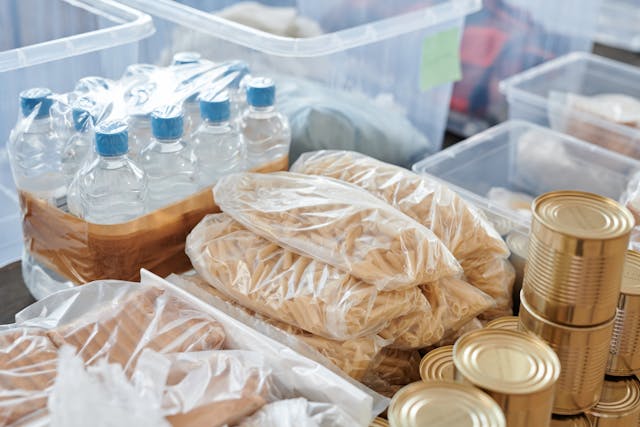
1. Pollution
Plastic bags are a major source of pollution. They can take up to 1,000 years to decompose, lingering in our environment and breaking into tiny pieces known as microplastics. These microplastics contaminate our soil and water, posing risks to wildlife and human health.
2. Harm to Wildlife
Plastic bags are especially harmful to marine animals. Sea turtles often mistake plastic bags for jellyfish, leading to ingestion and fatal blockages. Birds, fish, and other creatures also get entangled in plastic, causing injuries and deaths.
B. Paper Bags

1. Biodegradability
Unlike plastic, paper bags decompose quickly and return to the earth without leaving harmful residues. This means less long-term pollution and a healthier environment for future generations.
2. Reduced Wildlife Impact
Paper bags pose less of a threat to wildlife since they are biodegradable and less likely to be mistaken for food. This helps protect animals and maintain biodiversity.
Production and Resource Consumption
A. Plastic Bags
1. Fossil Fuels
Plastic bags are made from petroleum, a non-renewable resource that contributes to global warming. The extraction and processing of petroleum also cause significant environmental damage.
2. Energy and Emissions
Producing plastic bags releases significant amounts of greenhouse gases, contributing to climate change. The energy-intensive process adds to their overall environmental impact.
B. Paper Bags
1. Renewable Resources
Paper bags come from trees, a renewable resource that can be replanted and sustainably managed. This makes them a more sustainable option compared to plastic bags.
2. Production Impact
While making paper bags does require energy and water, advancements in recycling and sustainable practices are reducing this impact. Many paper bags are now made from recycled materials, further lowering their environmental footprint.
Reusability and Life Cycle
A. Plastic Bags
Single-Use Nature
The majority of plastic bags are single-use, leading to massive amounts of waste after just one use. They often end up in landfills or as litter in our environment.
Limited Reuse
Though plastic bags can be reused, they often end up in the trash after a single use. Their durability is also limited, making them less practical for long-term use.
Paper Bags
1. Durability
Paper bags are sturdy and can be used several times before recycling or composting. Their durability makes them a practical choice for multiple uses.
2. End-of-Life Options
At the end of their life, paper bags can be easily recycled or composted, reducing their environmental footprint. This makes them a more sustainable option compared to plastic bags.
Consumer and Industry Perspectives
A. Consumer Preferences
1. Growing Awareness
Consumers are increasingly aware of the environmental impact of their choices and prefer paper bags as a greener option. This shift in consumer behavior is driving demand for more sustainable products.
2. Shopping Practices
Shoppers are bringing their bags and choosing paper over plastic for a more sustainable shopping experience. This trend is helping reduce plastic waste and promote eco-friendly habits.
B. Industry Shifts
1. Corporate Responsibility
Many businesses are switching to paper bags to meet consumer demand and demonstrate their commitment to the environment. This move is not only good for the planet but also helps companies build a positive brand image.
2. Innovation in Packaging
Innovative packaging solutions are making paper bags even more eco-friendly and cost-effective. These advancements are helping businesses reduce their environmental impact and provide sustainable options to their customers.
Case Studies and Statistics
A. Success Stories
1. Regions
Cities like Dubai have seen significant reductions in plastic waste after banning plastic bags. These success stories demonstrate the positive impact of choosing paper over plastic.
2. Companies
Retail giants like IKEA have switched to paper bags, showing a commitment to sustainability. Their example is inspiring other businesses to follow suit and make eco-friendly choices.
B. Data and Studies
1. Environmental Benefits
Studies show that switching to paper bags can reduce a store’s carbon footprint by up to 20%. This significant reduction highlights the environmental benefits of choosing paper bags.
2. Consumer Behavior
Surveys indicate that 60% of shoppers are willing to pay more for products with eco-friendly packaging. This shift in consumer behavior is encouraging businesses to adopt sustainable practices.
Challenges and Considerations
A. Limitations of Paper Bags
1. Resource-Intensive
Producing paper bags requires significant amounts of water and energy, raising concerns about resource use. However, sustainable forestry practices and recycling can help mitigate these impacts.
2. Deforestation
If not managed sustainably, the demand for paper bags could contribute to deforestation. It’s important to support practices that ensure trees are replanted and forests are preserved.
B. Balancing Pros and Cons
1. Weighing Benefits and Costs
While paper bags have their drawbacks, their benefits often outweigh those of plastic bags in terms of environmental impact. It’s crucial to consider the overall lifecycle and impact of each option.
2. Responsible Use
Consumers and businesses should use paper bags responsibly, recycle them, and support sustainable practices. By doing so, we can maximize their environmental benefits and minimize any negative impacts.
Final Thoughts
Every small change counts, and together we can make a big difference for our environment. Let’s choose paper bags and support sustainable practices for a better future.

